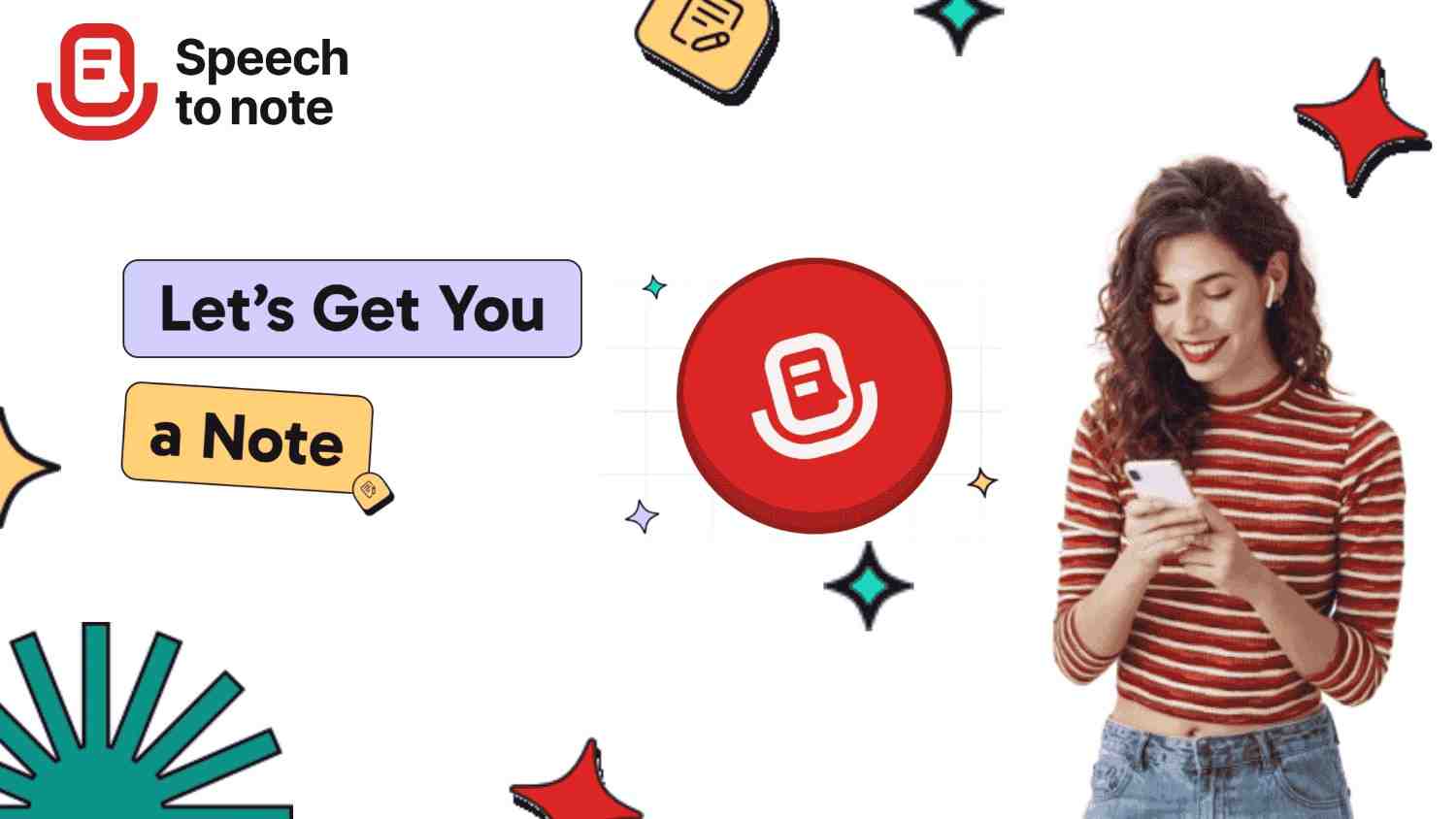There’s nothing more frustrating than losing a great lyric line because you were fumbling for a pen or trying to unlock your phone. If you’ve ever woken up at 2 AM with a melody dancing in your head, only to forget it by morning, then friend—you know the struggle. As a songwriter, inspiration doesn’t RSVP. It just shows up. And when it does, you’d better be ready to catch it.
That’s where voice tools come in—not just any tools, but real-deal speech to text lifesavers that turn your fleeting brilliance into permanent lyrics.
When Creativity Strikes… and Slips Away
A few months ago, I was walking my dog—coffee in one hand, leash in the other—and out of nowhere, this line popped into my head:
“She danced like heartbreak in slow motion.”
I whispered it out loud, convinced I’d remember it.
Guess what?
By the time I got home, all I could recall was “something about dancing and heartbreak?” Devastating. That one line could’ve sparked an entire chorus. But it vanished.
From that day on, I started using voice tools religiously. Not just to save ideas, but to grow them—shape them into verses, explore rhymes, and even hum melodies. That’s the real magic of tools like speech to text.
Why Songwriters Need More Than Just a Notepad
Let’s be honest—our phones are cluttered with half-written lyrics in random Notes apps, voice memos we never revisit, and scraps of ideas scattered across different devices. It’s chaos. What you need is something unified. Something that captures not just the words, but the moment.
Apps like Speech to Note are specifically built for creators who need to document ideas on the fly. Whether you’re stuck in traffic, grocery shopping, or just vibing with your guitar on the balcony, you can instantly record notes on speech and revisit them later.
I’ve even used it mid-shower—shouting lines over the sound of the water into my phone, wrapped in a towel, dripping wet. Glamorous? Not quite. Productive? Absolutely.
From Whispered Lines to Finished Songs
One of my favorite features is being able to start with a voice idea and watch it transform into text in real time. That means I can speak in fragments and tangents, and later go back to polish the structure. It’s the closest thing I’ve found to having a personal assistant who gets my creative chaos.
Let’s say you’re riffing on a chorus:
“Don’t wait on me / I’m a storm you can’t see…”
Just speak it. The app picks it up, saves it, and even timestamps it. Later, when you’re in writing mode, all your notes with voice are lined up, ready to be expanded into full verses.
You’re not just collecting scraps—you’re building a library of raw material.
The Power of the Speak Writer Mindset
There’s something incredibly liberating about becoming a speak writer. It’s a mindset shift. You’re no longer waiting for the “perfect time” to sit and write. You’re writing as you live.
Walking to the studio? Dictate your verse.
Cooking dinner? Capture a hook idea.
Lying on your back in the park? Speak your heart out.
It’s not about being polished. It’s about being present.
And let’s not ignore the real perks: You reduce the risk of writer’s block. You stay connected to your muse. And you give yourself the freedom to be a little messy—a little human—in your creative process.
Real Stats, Real Impact
According to a study by Midia Research, 42% of independent musicians use mobile tools for songwriting and production. That number jumps even higher among younger artists. Why? Because convenience doesn’t kill creativity—it feeds it.
And speech tools aren’t just for catching lyrics. They’re helping artists brainstorm album names, write liner notes, and even draft their social media posts.
You think Ed Sheeran remembers every melody he hums while brushing his teeth? Nah. He probably hits “record” like the rest of us.
Pro Tips for Songwriters Using Voice Tools
Here’s what I’ve learned after months of using voice-based writing apps:
-
Record immediately. Don’t think. Just hit the button.
-
Label everything. Even a quick tag like “Verse idea – sad” helps.
-
Use timestamps. It’s easier to organize and revisit in batches.
-
Pair it with melody. Hum your hook, then jot the lyrics below.
-
Talk through your blocks. Sometimes I just talk out loud about why a line isn’t working—and boom, the fix appears mid-rant.

